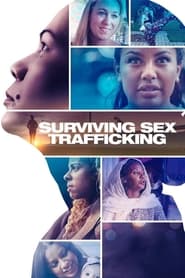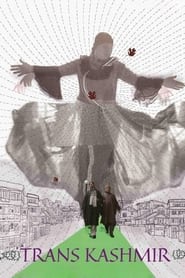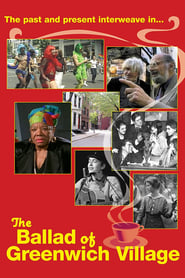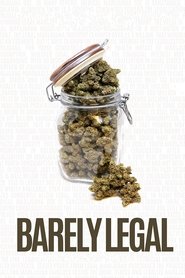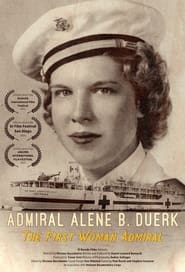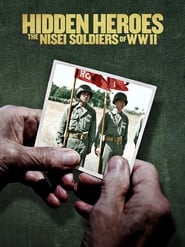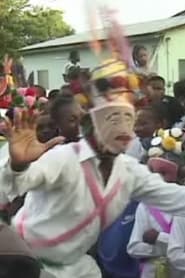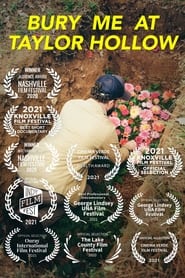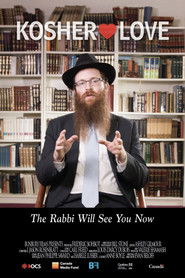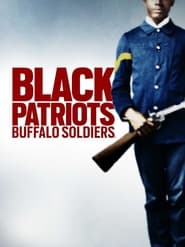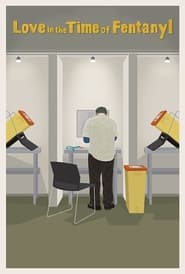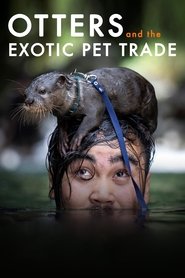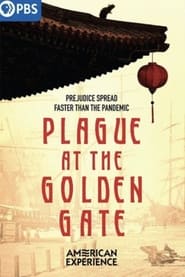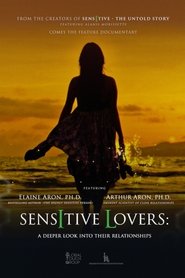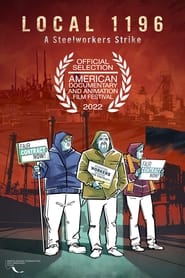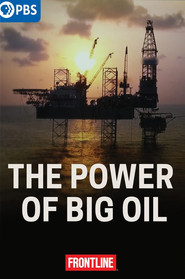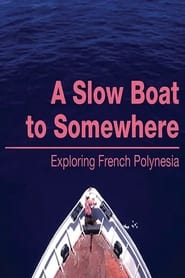Top Rated Documentary Movies on Kanopy - Page 239
-
Surviving Sex Trafficking
2021
Brave and resilient sex trafficking survivors around the world share their struggles to break free from their past and find hope for the future. -
Trans Kashmir
2022
Trans Kashmir
2022
Once entertainers and employees of the royal courts, they were believed to have mystical powers. Today they fight for dignity in life and death. This film is about the extreme hardships, resilience and beauty of Kashmir’s Hijra (transgender) community and their growing movement for basic human rights. -
The Ballad of Greenwich Village
2005
The story of the artists, rebels, and bohemians who came to New York’s Greenwich Village over many decades, and changed the face of American culture through their art and politics. The film portrays important political and social movements that started in the Village - such as the first interracial jazz club, the earliest Socialist newspapers from before World War I, and the Stonewall rebellion that sparked gay liberation. -
Barely Legal
2021
Barely Legal
2021
Stephen Dorff and director Casey Tebo take us on a journey into the vast and confusing world of legal cannabis and hemp in the United States where things are not exactly what they seem. A plant, a medicine, a drug? Illegal for decades for many confusing reasons, the most glaring being systematic racism, we're still stuck in that rut today in many states. It's almost as if everyone has a different take, which is why even in these forward thinking times, Cannabis and Hemp still remain - BARELY LEGAL. -
Alene B. Duerk: The First Woman Admiral
2020
Following the tradition of military service in her family, Alene Duerk enlisted as a Navy nurse in 1943. During her eventful 32 year career, she served in WWII on a hospital ship in the Sea of Japan, and trained others in the Korean War. She became the Director of the Navy Nursing Corps during the Vietnam War before finally attaining the rank of Admiral in the U.S. Navy. Despite having no other women as mentors (or peers), Admiral Duerk always looked for challenging opportunities that women had not previously held. Her consistently high level of performance led to her ultimate rise to become the first woman Admiral. -
Hidden Heroes: The Nisei Soldiers of WWII
2021
Featuring sit-down interviews with experts and historians, follows the story of the Japanese American soldiers of WWII who fought for the ideals of American democracy. -
Play, Jankunú Play - The Garifuna Wanaragua Ritual of Belize
2006
The Garifuna are a Central American people of West African and Native American descent. One of their most popular rituals is wanaragua, a three-fold system of masked Christmas processionals commonly called Jankunú. This ritual is a unique blend of African, European, and Native American (Arawak and Carib) art traditions in which social and cultural identities are expressed through music, dance, and costume. As dancers adorn themselves in colorful regalia to mimic past foreign oppressors they symbolically affirm their identity. They perform stylized movements to the accompaniment of drums and social commentary songs composed by men. Descriptions of the three processions and dance styles are interspersed with interviews by Garifuna singers, drummers, dancers, cultural advocates, and scholars on the significance of rituals. -
Bury Me at Taylor Hollow
2020
After spending 15 years working in the conventional funeral industry, John Christian Phifer is paving uncharted territory to help create Larkspur Conservation-the first natural burial ground of its kind in Tennessee. -
Kosher Love
2017
Kosher Love
2017
What happens when a rabbinical matchmaker, a Hasidic couple and a single, explore the precise meaning of humanity's most powerful word? Using downright silliness, Kosher Love reveals that we're all the same in our search for love. -
Black Patriots: Buffalo Soldiers
2022
As the United States recovered from the bloody aftermath of the Civil War, Congress passed the Reorganization Act in 1866, that created the first-ever all-Black peacetime regiments. These six regiments would be reduced to four – the 9th and 10th Cavalry and the 24th and 25th Infantry – and soon earn the moniker Buffalo Soldiers. Although they never received the true and full recognition they deserved, Black Patriots: Buffalo Soldiers, will tell their remarkable story of their valor, bravery, and service. From the complicated skirmishes in the Southwest against Native Americans to the heroic battles on foreign soil to the ongoing fight to be treated as first-class citizens, the Buffalo Soldiers served with pride, dignity, and belief in defending a free America. -
Love in the Time of Fentanyl
2023
An intimate portrait of a community fighting to save lives and keep hope alive in a neighborhood ravaged by the overdose crisis. -
Otters and the Exotic Pet Trade
2019
Tracking the exotic pet trade of otters across the globe, is a story of gangsters and guns, mammals and middlemen. -
Amy's Victory Dance
2020
Amy's Victory Dance
2020
A New York City based former professional dancer crossed the street and was hit and ran over by a 15 ton New York City Express. As she regains awareness, her first thought, "Am I ever going to dance again?" Her second thought was " If I survive the night there will be a Victory Dance!" -
Plague at the Golden Gate
2022
Discover how the 1900 outbreak of bubonic plague set off feat and anti-Asian sentiment in San Francisco. A fascinating medical mystery and timely examination of the relationship between the medical community, city powerbrokers and the Chinese-American community, Plague at the Golden Gate tells the gripping story of the race against time to save San Francisco and the nation from the deadly plague. -
Sensitive Lovers
2020
Sensitive Lovers
2020
Dr. Elaine Aron and Dr. Arthur Aron explain how negative childhood experiences and buried traumas affect our adult relationships and provide suggestions for for wiser, more skillful and fulfilling relationships. -
Local 1196: A Steelworkers Strike
2022
In March of 2021, the steelworkers of USW 1196 in Brackenridge struck, citing unfair labor practices. Over the next four months, “Local 1196” follows the steelworkers from late night conversations on the picket lines, to fiery debates at the union hall, to their living rooms as bills come due. -
The Power of Big Oil
2022
The Power of Big Oil
2022
In an epic three-part documentary series, FRONTLINE investigates the decades-long failure to confront the threat of climate change and the role of the fossil fuel industry. Part, One charts the fossil fuel industry’s early research on climate change and investigates industry efforts to sow seeds of doubt about the science. Part Two explores the industry’s efforts to stall climate policy, even as evidence about climate change grew more certain in the new millennium. And as leading climate scientists issue new warnings about climate change, Part Three examines how the fossil fuel industry worked to delay the transition to renewable energy sources — including by promoting natural gas as a cleaner alternative. -
80 Years Later
2022
80 Years Later
2022
On the 80th anniversary of Executive Order 9066 that imprisoned Japanese Americans in World War II, 80 Years Later captures how families continually grapple with the legacy of their experience. Beyond physical appearances, habits and tendencies, how does one inherit trauma across generations? -
Mammoth
2017
Mammoth
2017
In the remote Russian Arctic, an aging scientist and his son are trying to recreate the Ice Age. They call their experiment Pleistocene Park – a perfect home for woolly mammoths, resurrected by modern genetics. But the mammoths are only a means to a bigger end: defusing a carbon timebomb frozen in the permafrost to slow the effects of global warming. -
A Slow Boat to Somewhere: Exploring French Polynesia
2006
Ride along on a rustic, and rusting, Polynesian cargo boat as it makes deliveries to 21 of the globe's most isolated coral reef atolls, in the heart of the South Pacific Ocean. Along the 3,000-mile route meet black pearl divers, the man who found the Kon Tiki, Marlon Brando's 'Mutiny' girlfriend, a ship laden with NFL-sized crewman and many more - all set against the backdrop of a fast-and-forever changing Paradise. I jumped on the cargo boat for one of its monthly, 3,000-mile delivery jobs, taking us to ports-of-call that were literally just piles of sand and rock washed up on rims of coral, halfway between Australia and South America, each home to populations ranging from seven to two hundred fifty people. The trip took us through the Tuamotus, a chain of 78 atolls that sailors going back to Magellan dubbed the dangerous archipelago for its low-lying, barely visible, wooden-boat-sinking reefs.
 Netflix
Netflix
 Amazon Prime Video
Amazon Prime Video
 Apple iTunes
Apple iTunes
 Apple TV Plus
Apple TV Plus
 Disney Plus
Disney Plus
 Google Play Movies
Google Play Movies
 Paramount Plus
Paramount Plus
 Hulu
Hulu
 HBO Max
HBO Max
 YouTube
YouTube
 fuboTV
fuboTV
 Peacock
Peacock
 Peacock Premium
Peacock Premium
 Amazon Video
Amazon Video
 The Roku Channel
The Roku Channel
 AMC+
AMC+
 Kocowa
Kocowa
 Hoopla
Hoopla
 The CW
The CW
 Vudu
Vudu
 Starz
Starz
 Showtime
Showtime
 PBS
PBS
 Pantaflix
Pantaflix
 FXNow
FXNow
 Tubi TV
Tubi TV
 Kanopy
Kanopy
 Comedy Central
Comedy Central
 Crunchyroll
Crunchyroll
 Microsoft Store
Microsoft Store
 Redbox
Redbox
 Sun Nxt
Sun Nxt
 ABC
ABC
 DIRECTV
DIRECTV
 Crackle
Crackle
 Fandor
Fandor
 Plex
Plex
